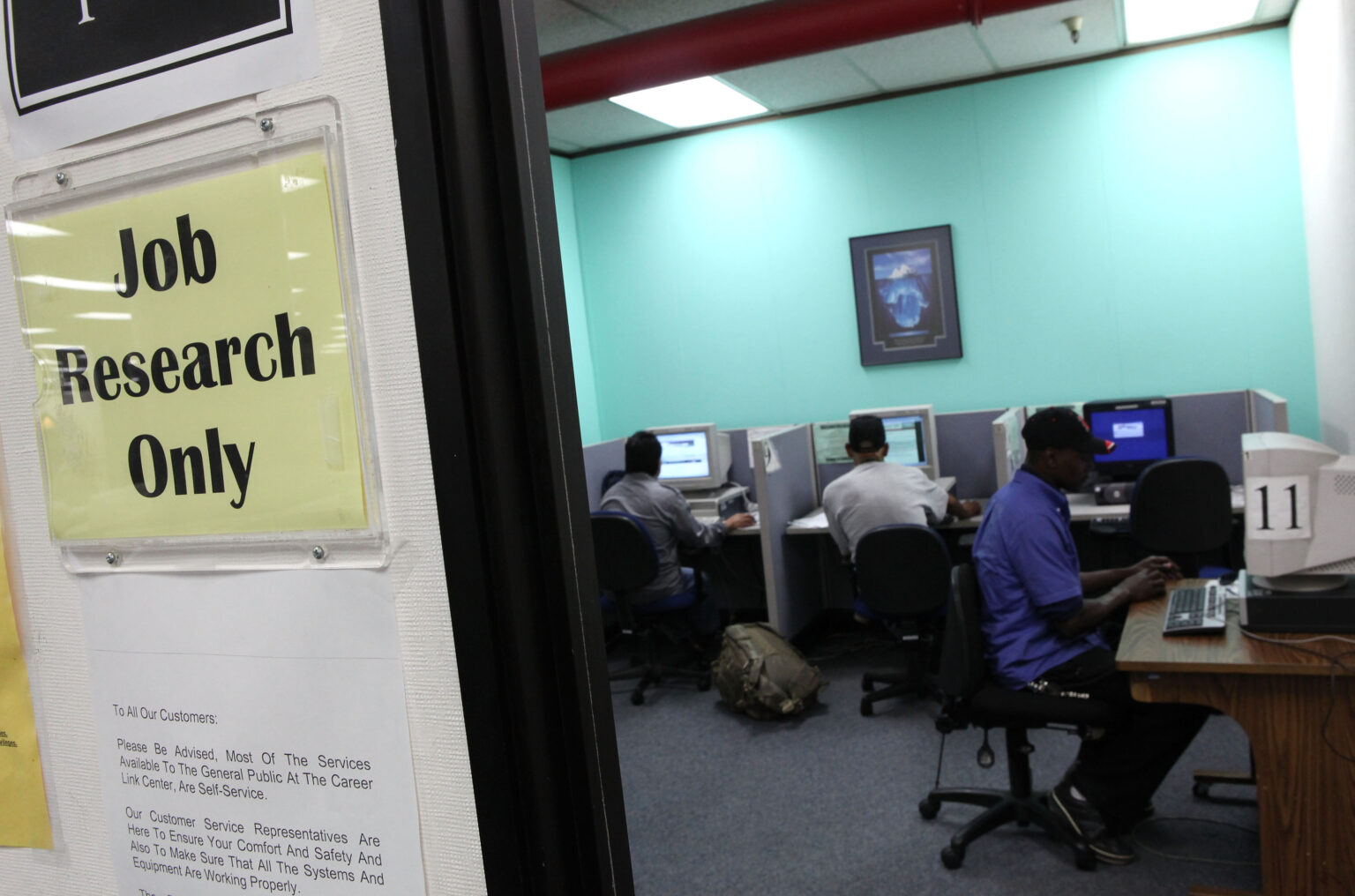A report published by Resume Builder estimates that 40% of companies posted fake job listings this year.
The report was based on data collected through an online survey commissioned by the website. It involved 649 participants who were engaged in their company’s hiring process.
Fake or ‘ghost’ job listings have become a growing trend in the job market. By engaging in this practice, companies are deceiving not only job seekers, but also employees and investors. The practice also damages job seekers’ trust in online job boards.
Thirty-nine percent of the surveyed hiring managers acknowledge that their company posted a fake job listing in the past year. Of those, around 26% report listing between one and three fake jobs. Another 10% admit to posting twenty-five; 24% listed fifty or more; 38% posted five to ten listings.
Because some of these companies are listing so many fake job postings, determining how many listings are viable is a nearly impossible task for job seekers.
The posted listings include entry-level, mid-level, senior-level, and executive positions. According to 38% of the respondents, the idea to post came primarily from human resources. Twenty-nine percent credit senior management, 25% executives, 5% blamed investors, and 4% point the finger at consultants.
The companies engage in ghost posting for a variety of reasons. Sixty-two percent say they do it to make the employees feel replaceable. Sixty-three percent claim the fake jobs posts make current workers believe that their elevated workloads are temporary, calming their disquiet. Some report the ghost listings serve both purposes.
Another common reason given by 59% of respondents is to collect resumes, keeping them on file for a later date. However, more participants (66%) claim that their companies engage in the practice to give the impression their company is growing — even when it’s not.
“It’s a concerning scenario, particularly when these misleading postings originate from HR departments — the entities entrusted with shaping accurate perceptions of their organizations,” says Resume Builder’s Advisor Stacie Haller. “Whether it’s to create an illusion of company expansion or foster a sense of replaceability among employees, such practices are unacceptable.”
Sixty-six percent of hiring managers say employees, investors, and applicants who weren’t supposed to find out about the practice became aware of it. However, 43% of them believe that the practice is definitely acceptable, 27% weren’t entirely sure, and 30% were against it. Of that 30%, only 10% were resolute.
To make matters worse, a majority of the respondents report the fake listings had a positive effect on revenue, employee morale, and productivity. A small number claim no impact on the three metrics.
Thirty-nine percent of respondents say that candidates are “always contacted” for interviews. Forty-five percent say they “sometimes” contacted them. Twelve percent of the respondents report “rarely” contacting applicants, and 5% did not even bother.
Even for those who mange to land an interview, there’s no telling if the company has any intention to hire for the listed position. Wells Fargo is currently facing class-action litigation for holding interviews with candidates they had no intention of hiring. The lawsuit claims the bank only went through the motions so it could report DEI-related initiatives to investors, making them more attractive to investors who take social equity into account when allocating funds.
In some cases, these interviews can be lengthy, requiring numerous meetings and assignments — only to be ghosted.
“The frustration candidates experience due to fake job postings exacerbates the already stressful job search process. Companies engaging in this practice not only tarnish their reputation, but also sabotage their long-term prospects. Deceptive practices erode trust, dissuading potential applicants from considering them in the future as viable employers,” says Haller.


